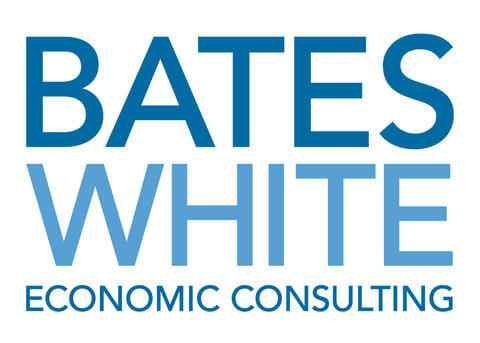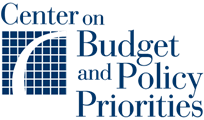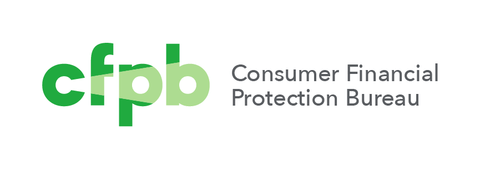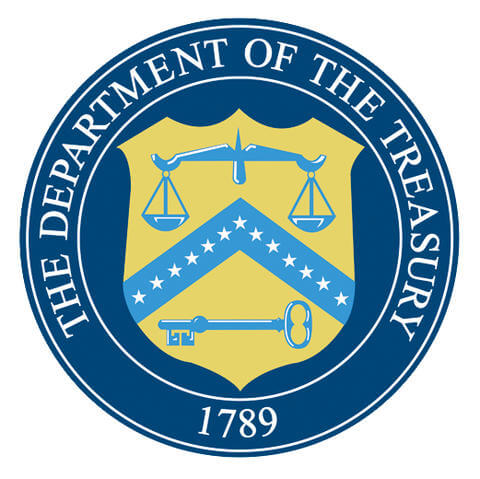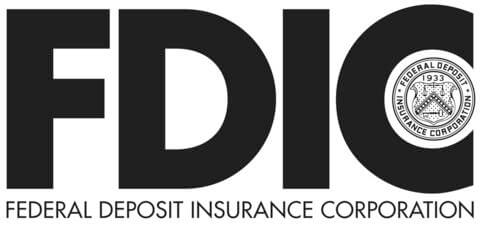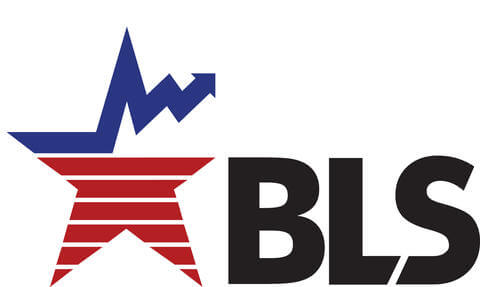AEASP 2021 Experiential Learning Partners
American Economic Association Summer Program 2021 Experiential Learning Partners
Students participating in the AEA Summer Program hosted by Howard University's Department of Economics will be immersed into the many different aspects of an economic education by exposing them to those in the academy, private sector, public sector, and the policy world.
With our experiential learning partners' support, students will be exposed to applied research conducted in the Washington area.
Interested in serving as an Experiential Learning Partner (ELP)?
Please click here to submit your statement of interest.
Experiential Learning Partners
About Our Experiential Learning Partners
Bates White
Bates White Economic Consulting specializes in providing advanced economic, financial, and econometric analysis to law firms, companies, and government agencies. Our practice areas include antitrust and competition, communications and media, data science and statistics, energy, environmental and product liability, finance, healthcare, intellectual property international arbitration and trade, labor and employment, life sciences, public policy and regulatory economics, and transfer pricing and tax. We work on a diverse range of issues including monopolization, pricing, market definition, structure and concentration, damages and liability analysis, class certification, competitive effects of exclusive dealing and tying arrangements, mergers and acquisitions, joint ventures, efficiencies and failing firm claims.
Center on Budget and Policy Priorities
The Center on Budget and Policy Priorities (CBPP) is a nonpartisan research and policy institute located in Washington DC. CBPP conducts research, analysis, and advocacy on state and federal policies, with the mission of advancing policies that improve the lives of people with low incomes and advance economic and racial equity. While several CBPP staff are economists, more hold public policy or law degrees and/or have experience working in government at the federal or state levels.
Compass Lexecon
Compass Lexecon is an economic consulting company that provides law firms, corporations, and government clients with clear analysis of complex economic issues. At Compass Lexecon, we believe that critical economic issues – whether in connection with litigation, regulatory review, strategic planning, or other corporate activities – are best understood when subjected to rigorous empirical analysis. Our firm is known for developing a thorough understanding of the issues that face our clients, relating those issues to relevant economic theory, and then supporting our analysis with solid and persuasive empirical evidence.
Congressional Budget Office
The Congressional Budget Office (CBO) provides objective, nonpartisan information to support the budget process and to help the Congress make effective budget and economic policy. The agency’s economists and budget analysts produce thousands of formal and informal cost estimates for proposed legislation, as well as dozens of reports and other materials on a variety of topics.
CBO conducts objective, impartial analysis on every major area of federal policy, including spending programs, the tax code, and budgetary and economic challenges and does not make policy recommendations. CBO hires top-notch multidisciplinary staff of analysts who enjoy challenging work, a collaborative environment, and the rewards of public service without regard to political affiliation.
Consumer Financial Protection Bureau
The Consumer Financial Protection Bureau (CFPB) was established by the Dodd-Frank Wall Street Reform and Consumer Protection Act of 2010. Our mission is to make markets for consumer financial products and services work for all consumers. The Bureau fosters a diverse and inclusive work environment that promotes collaboration and fairness to ensure that all individuals are able to participate and contribute to their full potential.
Department of the Treasury
The mission of the Department of the Treasury is to promote economic prosperity and ensure the financial security of the United States by maintaining conditions that enable economic growth and stability at home and abroad. The Treasury Department is responsible for operating and maintaining systems critical to the nation’s financial infrastructure, encouraging sustainable economic growth, fostering improved governance in financial institutions, and advising the President on economic and financial issues.
Federal Deposit Insurance Corporation
The Federal Deposit Insurance Corporation (FDIC) is an independent government agency with the mission of maintaining the stability and public confidence in the nation’s financial system by: insuring deposits, examining and supervising financial institutions for safety and soundness and consumer protection, making large and complex financial institutions resolvable, and managing the resolution of failed banks.
Federal Reserve Board of Governors
The Federal Reserve System is the central bank of the United States. Our work supports monetary policy decisions to promote maximum employment, stable prices, and moderate long-term interest rates—the three economic goals that Congress instructed the Federal Reserve to pursue to ensure the health of the U.S. economy and the stability of the U.S. financial system. The Board of Governors of the Federal Reserve System (Board) and the Federal Open Market Committee (FOMC) set monetary policy with input from the 12 Federal Reserve Banks, providing policy analysis and original economic research in a wide variety of areas like:
- International and Domestic Economic Forecasting
- Monetary Policy Reporting
- Consumer Finance and Community Development
U.S. Bureau of Labor Statistics
The U.S. Bureau of Labor Statistics is the federal statistical agency tasked with producing data on labor market activity, working conditions, price changes, and productivity in the U.S. economy to support public and private decision making.
Washington Center for Equitable Growth
The Washington Center for Equitable Growth is a non-profit research and grant-making organization dedicated to advancing evidence-backed ideas that promote strong, stable, and broad-based economic growth. Founded in 2013, our mission is to bridge the gap between leading thinkers at universities around the country and policymakers in Washington, D.C. and the states. Our academic research and analysis focuses on policies that improve workers’ and families’ economic stability, well-being, and mobility, as well as how to address structural inequality and the racial and gender inequities woven into the U.S. economy. Equitable Growth has funded more than 250 researchers up and down the career ladder via about $1 million in annual grant funding through a peer-reviewed, competitive process. Our grantees investigate the consequences of economic inequality and the key channels through which inequality may affect growth and stability.
Women's Institute for Science, Equity and Race
The Women's Institute for Science, Equity and Race is a 501(c)3 non-profit research think-tank. Founded in 2016, our mission of expanding women-focused research to include the needs of Asian, Black, Hispanic, Indigenous America, and Multiracial women.

